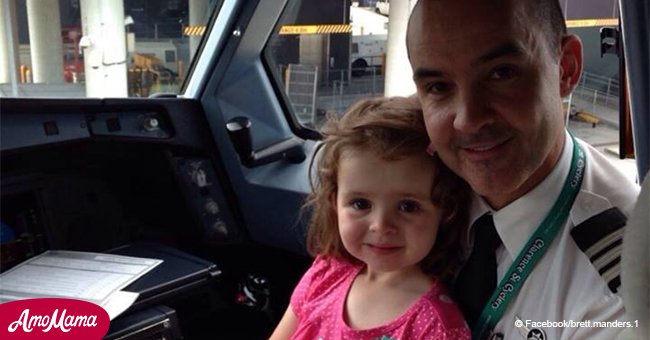
Pilot invalidates the most common myths about flying
Through the years, there had been many myths about traveling by plane. Once and for all, a longtime pilot debunked the most popular ones.
According to the Federal Aviation Administration, there are more than 2,587,000 passengers on average traveling to and from airports in the country daily. Still, even though many people choose planes over other ways to travel, there are still quite a lot of people who feel apprehensive of boarding a plane.
Perhaps it is because of the myths, misconceptions, and hearsay about traveling by air. The over-the-top depiction of airplane scenes in Hollywood movies could be culprits as well. These might be the reasons why passengers tend to get anxious during their flights.
To put an end to these culprits, pilot Brett Manders from Jetstar, an Australian airline, answered and debunked the most common airline myths.
“Imagine a football that's pumped up really hard and you're trying to press it in, that's what you're trying to do.”
Follow us on Twitter at AmoMama USA for more details and updates.
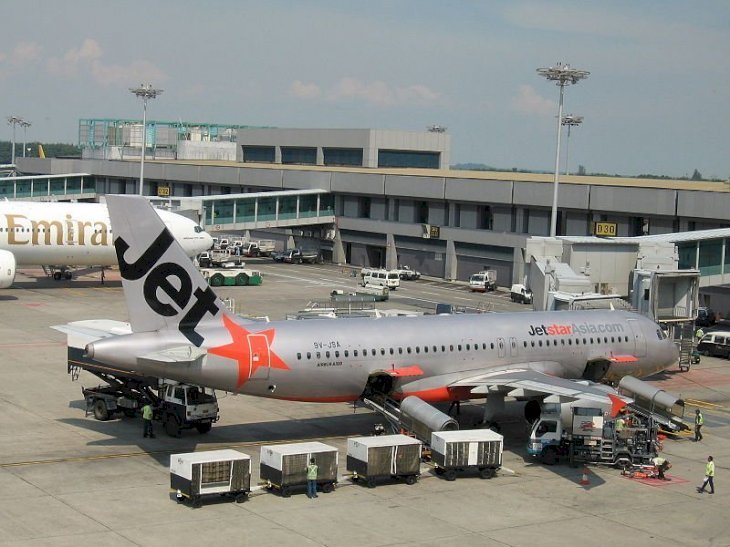
Source: Wikipedia
PLANES DUMP HUMAN WASTE IN THE AIR
This has been an age-old myth, and finally, Manders revealed the real deal. He explained that planes have tanks where human wastes are directly stored. Once the plane lands, the container is emptied.
Manders said, “I can safely say there's no number ones or twos that goes out into the atmosphere. All the waste goes into a tank and is held at the bottom of the rear of the aircraft. It doesn't go overboard.”
AIRPLANE DOORS CAN BE OPENED MID-AIR
Many Hollywood movies have shown this. Characters are sucked out of the plane once the door opens while flying. Luckily, Manders said it would never happen.
“Imagine a football that's pumped up really hard and you're trying to press it in, that's what you're trying to do,” he explained.
Manders said that the doors to the front of the plane initially open from the inside and then on the outside. He added, “The pressurization in an airplane adds hundreds of kilos of pressure each square meter of the door, so humans are not strong enough to open the doors.”
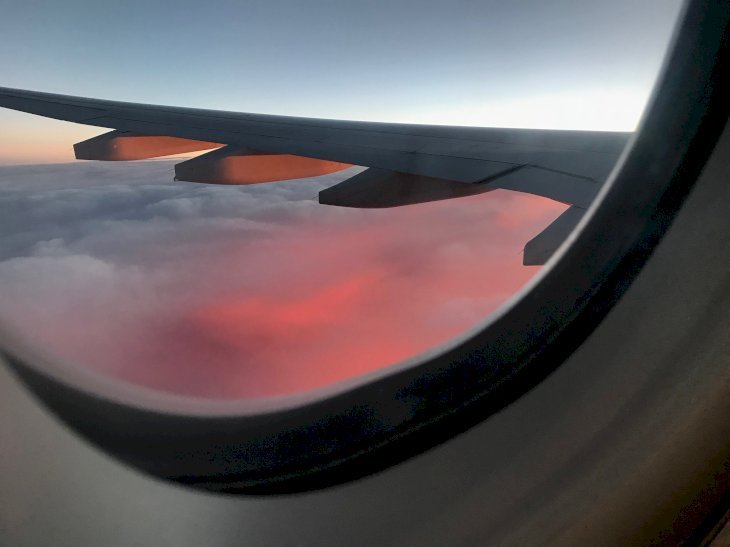
Source: Flickr
TURBULENCE IS SOMETHING TO BE WORRIED ABOUT
Manders explained that passengers should not worry whenever there is turbulence. He said that it only occurs because various masses of air collide with each other at multiple speeds.
“If you just relate turbulence to bumpy air, all it is is air with different temperatures, moving at different speeds and directions, and it's mixing,” he said.
He continued to say that pilots try to avoid it as much as they could, and airplanes are over-engineered to be the safest it could be.
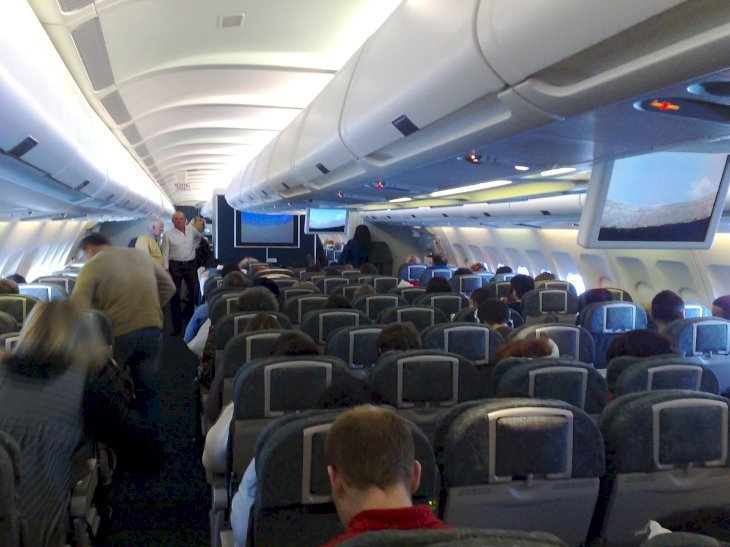
Source: Flickr
TURNING OFF PHONES OR SWITCHING TO FLIGHT MODE
Manders said that phones that have not been switched to flight mode might irritate pilots because of the sound in their headphones that comes with phones that still have cell reception. He said it could cause interference with the radios on the plane.
“If you're a member of when mobile phones first came out. Being in your car, your speaker would crackle just before the phone rang, that's the kind of interference [pilots] are talking about,” he explained.
The pilot clarified that one phone wouldn’t probably cause an annoying sound on the pilot’s headphones, but if everyone chose not to switch to flight mode, Manders said there would be an interference.
While on the subject of turning phones to airplane mode, many passengers have always believed that the plane might crash if they refuse to follow the simple rule. They fear that it might interfere with the plane’s navigation.
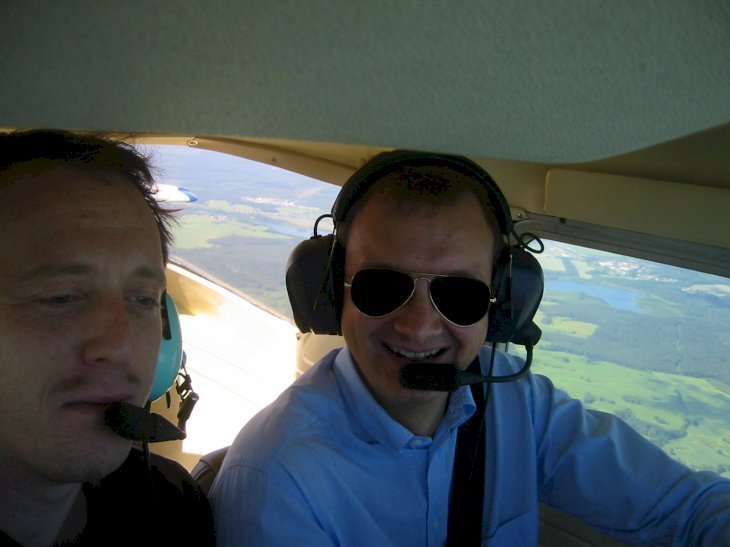
Source: Flickr
Previously, the Discovery Channel show, “Mythbusters,” debunked this myth. Like what was stated above, planes are over-engineered to withstand any interference to keep it as safe as possible. Aircraft are also built to bar foreign signals. As for phones, they operate on different frequencies.
As the show explained, "When you make a call at 10,000 feet, the signal bounces off multiple available cell towers, rather than one at a time. That means too many phone-happy jetsetters might clog up the networks on the ground, which is why the Federal Communications Commission (FCC) — not the Federal Aviation Association (FAA) — banned cell use on planes."
These are just some of the most common myths and misconceptions about planes, but if you happen to have more questions, the website Flight Deck Friend offers to answer them for you.
Their tagline states, “Busting myths and answering questions about aviation, aircraft, flying and pilots.”